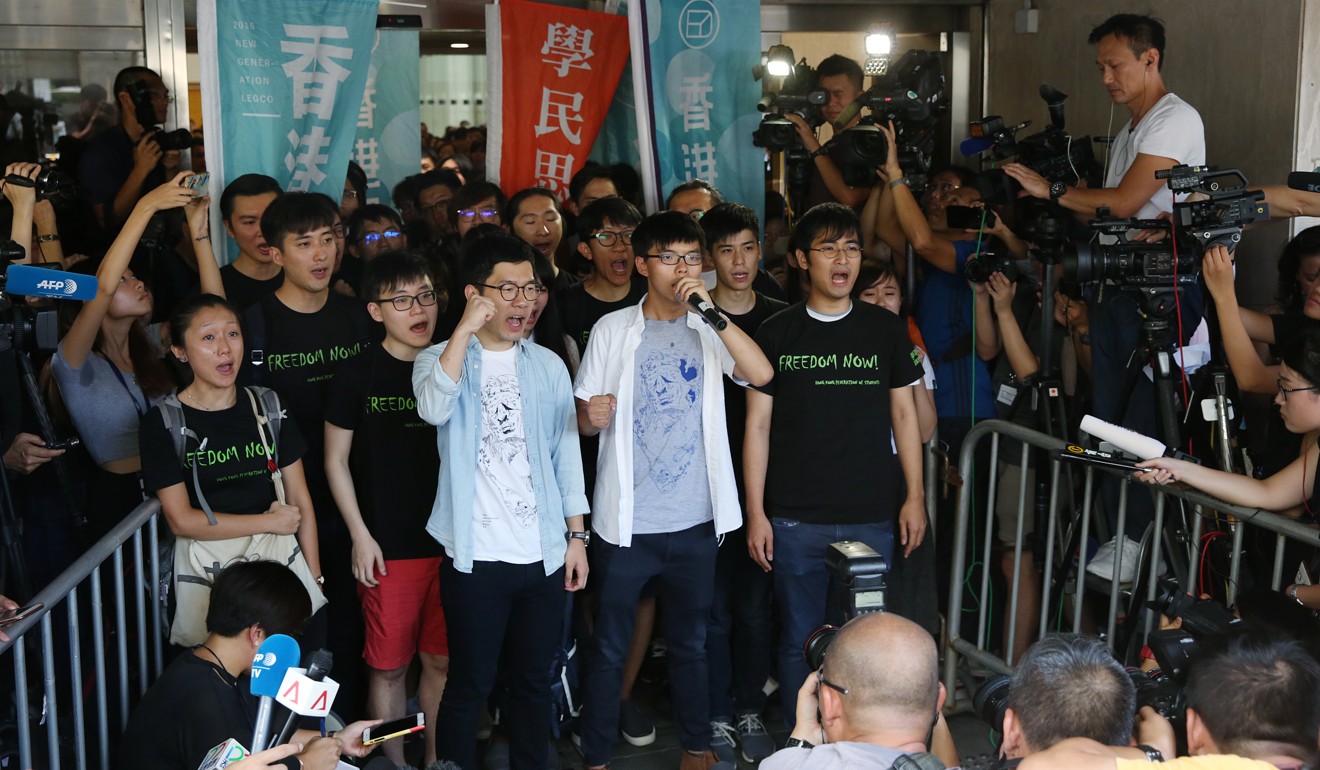
Will the protest movement in Hong Kong be tamed by the jailing of Occupy trio?
The city’s pro-democracy forces received a shot in the arm when more than 22,000 protesters took to the streets two Sundays ago, galvanised by prison sentences handed down to three young activists. But disunity still plagues their ranks and the court rulings could deter many from taking up their cause, analysts say
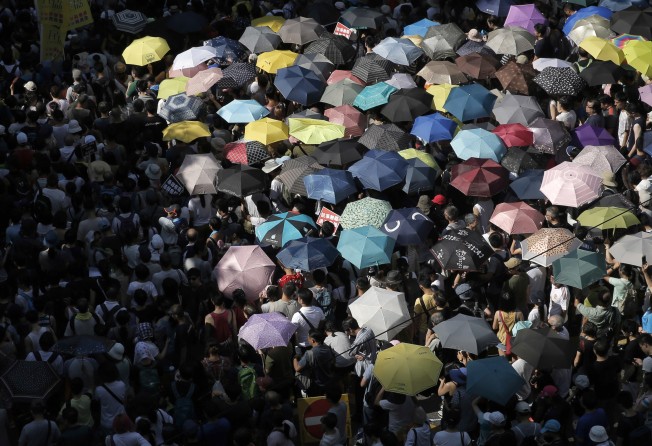
Braving the scorching sun, tens of thousands of Hongkongers poured into the city’s busiest districts two Sundays ago, holding their umbrellas up high.
For that brief afternoon, it felt like Occupy all over again.
While yellow was the colour of choice back then and the umbrellas were there to thwart tear gas and pepper spray, this time they were out in all shades to beat the heat. Police estimated the turnout to be about 22,000, the largest since Occupy in 2014 – the mother of all protests in Hong Kong.
The blanket of bright brollies floating its way through the streets was just the morale booster that the pro-democracy movement needed three years after Occupy not only failed to achieve universal suffrage, but also now that it continues to extract a price from its participants.
Earlier that week, the courts jailed three young activists behind the Occupy demonstrations – Joshua Wong Chi-fung, Alex Chow Yong-kang and Nathan Law Kwun-chung – for six to eight months, sparking condemnation of their treatment and giving rise to the Sunday protest. Their jailing marked the government’s second successful bid to secure prison terms for activists involved in protests.

Protest movement awakens
For many, the turnout that Sunday showed how uneasy questions about the city’s political future could still be tapped upon, amid a well of unhappiness lying beneath the current state of calm.
Until then, the movement had been feeling lost and helpless, according to pro-democracy lawmaker Eddie Chu Hoi-dick.
“Many people have suggested protests are of no use in recent years as they argued even the 2014 movement had failed to achieve anything,” Chu said in a Facebook live session two days after the protest, discussing the movement’s way forward with his followers online.
Such negative sentiment had led to a low turnout for previous recent marches, he said.
More than that, the city’s pro-democracy movement has been reeling from one setback after another, some of which critics say were self-inflicted.
Some of its lawmakers’ antics at their swearing-in ceremonies prompted a stern rebuke from the Chinese central government. Last November, Beijing intervened to issue an interpretation of the Basic Law, the city’s mini-constitution, on how oath-taking for seats in the legislature ought to be conducted. In one fell swoop, the ruling effectively removed two pro-independence activists from the Legislative Council.
Watch: former student leaders jailed for storming government building
The government then went after others deemed to have sullied their oaths and succeeded in its legal bid to unseat four more popularly returned lawmakers.
That included the now jailed Law, veteran activist “Long Hair” Leung Kwok-hung, Lau Siu-lai and Edward Yiu Chung-yim.
The government’s plan to establish a joint immigration and customs checkpoint with mainland Chinese authorities at the West Kowloon terminus of a new cross-border railway, which would allow mainland laws to be enforced in Hong Kong, would appear to be a cause worth taking up for the pro-democracy bloc.
And as it sets about mobilising support, the jailing of the three young activists has given it a much-needed shot in the arm.
“There is nothing specific they hope to fight for this time ... they just hope to stop the falling domino effect,” the activist-turned-lawmaker Chu said of the newly stirred up anxieties.
“This is a fundamental change in mentality ... they have a feeling that they should not let [the city] collapse further.”
Avery Ng Man-yuen, chairman of the League of Social Democrats, also said the turnout had shown “some Hongkongers had started to ditch the negative thinking and believe again that protest perhaps still has its value”.
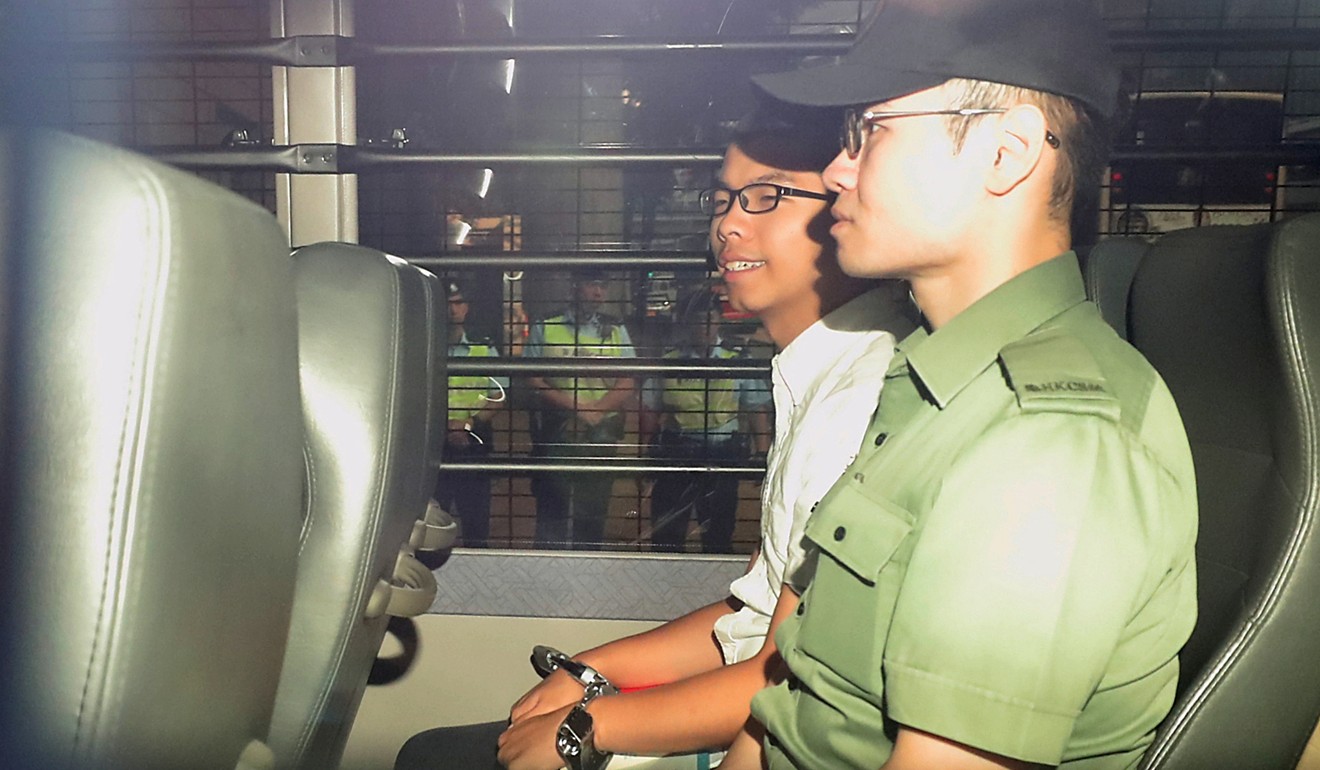
Divisions and depleting ranks
But two weeks on, it remains to be seen whether they can gain momentum from the protest.
It will not be an easy task.
In recent years, the camp has grown more fragmented.
Where before the division was between traditional and more radical democrats, a third crack has opened up with the rise of localists and pro-independence activists – the intellectual and emotional detritus of the Occupy movement.
However, Ng expressed confidence the divisions could be healed.
For instance, he said, even the moderate pan-democrats were willing to help the jailed activists and others awaiting trial, all regarded to be more localist in their orientation.
“We all agree unity is of utmost importance now,” he said.
Ng said the different blocs should put aside differences and map out a set of common goals in the wake of the ruling.
“We should avoid giving the public the impression that the camp is fragmented. The solidarity would boost their confidence in direct action,” he said.
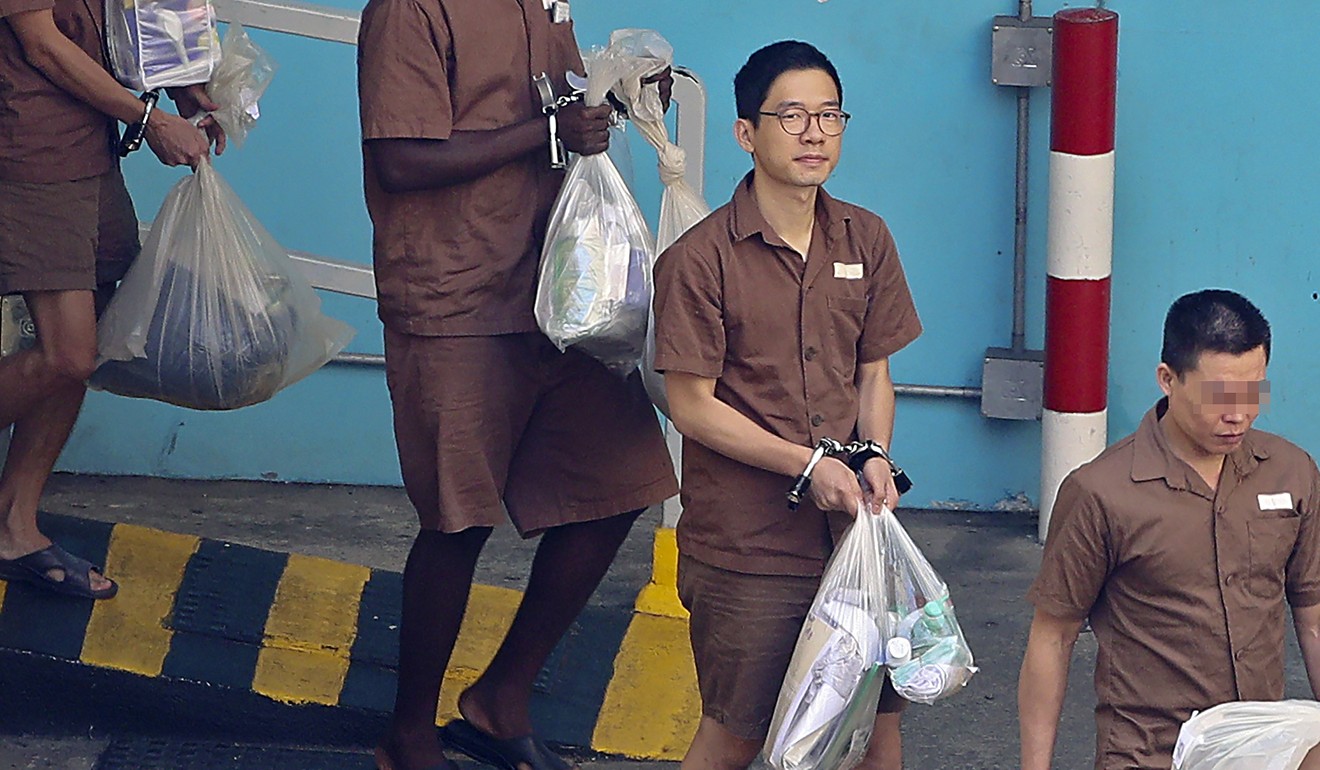
His call was echoed by Hong Kong Indigenous spokesperson Edward Leung Tin-kei, an iconic face of the pro-independence movement in Hong Kong who is facing charges of rioting and incitement to riot for his alleged role in the Mong Kok unrest during Lunar New Year last year.
Previously, several pan-democratic parties condemned the violent methods adopted in the Mong Kok riot, while Leung’s camp has a history of attacking the former for being too moderate and failing to achieve anything in their decades-long democracy fight.
But Leung won applause from the crowd during the Sunday march as he took to the stage.
“It was the ‘useless’ protests I attended before which gave me the determination to join the civil movement,” he told the crowd, adding that the protesters charged over their involvement in the Mong Kok unrest were not spies of Beijing, as claimed by some naysayers. Instead, their fates were intertwined with the whole bloc, Leung said.
Indeed, sources said the different factions were reaching out to one another to explore ways to build a common platform, but initiators declined to reveal details.
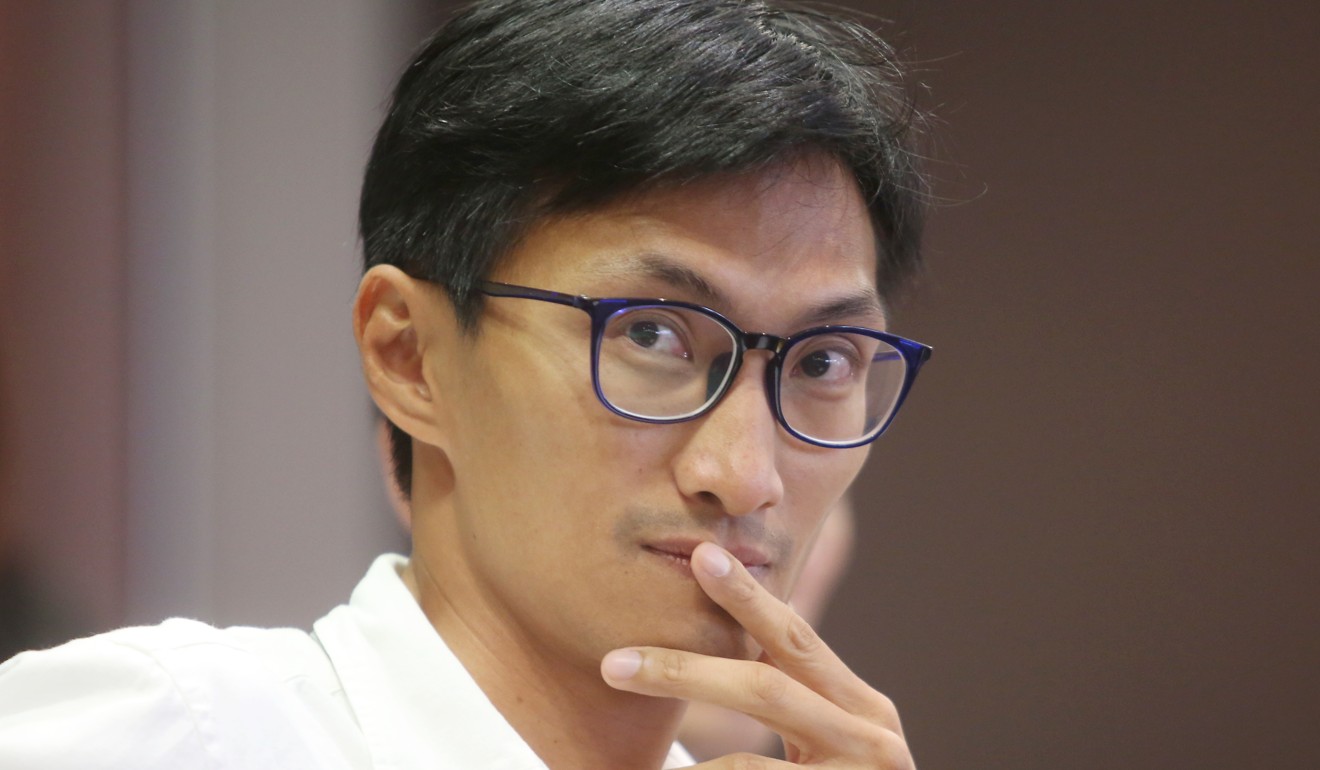
But political scientist Dr Ma Ngok was not hopeful.
He said while short-term unity in the camp would emerge as “the crowd has no appetite for finger-pointing” in the wake of the jailings, a key obstacle remained unresolved.
“That is, how to take the movement forward,” Ma, of the Chinese University of Hong Kong, said. “It is the same core question that has been troubling the camp for three years.”
The bloc, Ma said, had yet to come up with alternatives apart from organising protests against a regime not known for compromise and a legislature dominated by pro-establishment lawmakers.
He said while the jailings definitely angered Hongkongers and moved more of them to take to the streets, they would hardly bring about a fundamental change.
But the pro-democracy camp is hobbled by a more practical problem. Its ranks are being depleted, as more than 100 of them are facing prosecution over their participation in different protests, according to former student leader Lester Shum.
Among them, nine core leaders of the Occupy movement, including co-founder Benny Tai Yiu-ting, are facing various charges such as conspiracy to commit public nuisance. The court will conduct a pre-trial hearing for their cases in September.
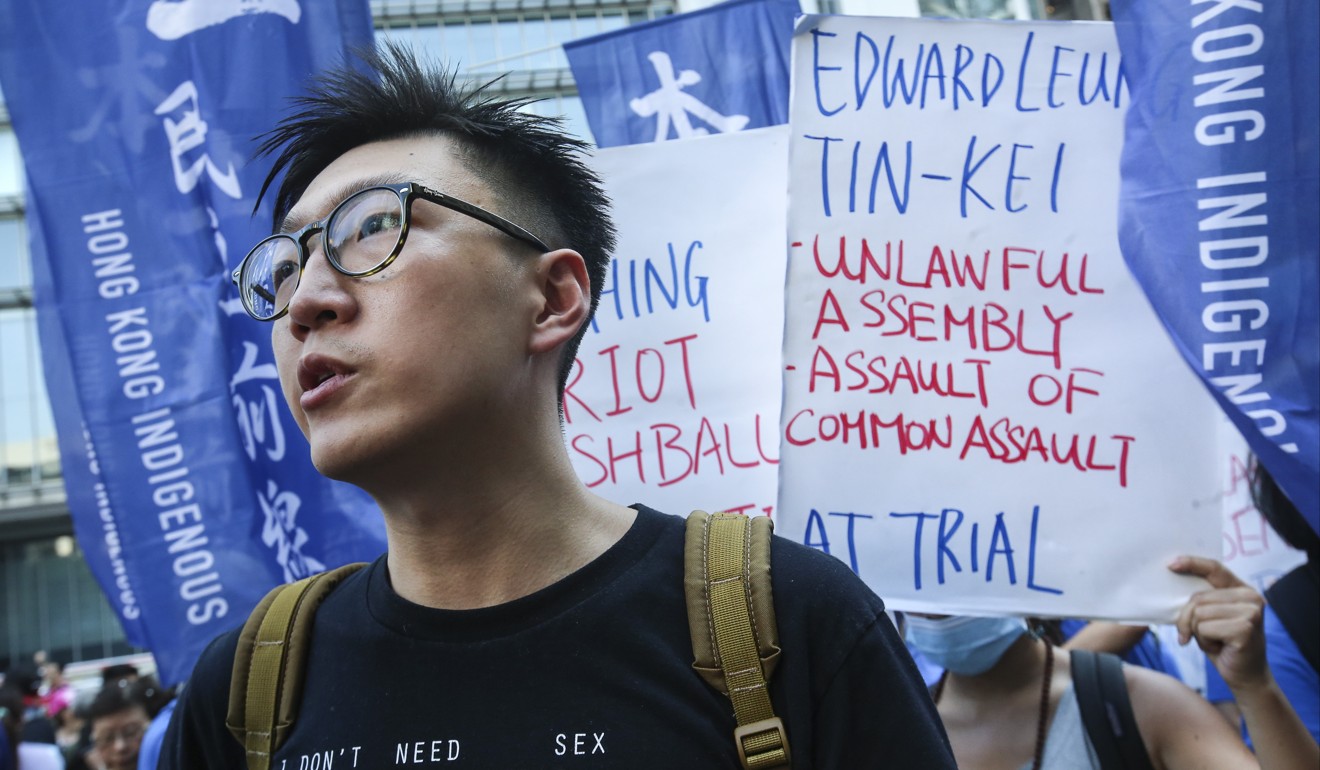
The way ahead
The ruling handed down to the Occupy trio also holds implications for future protests, as lawyers said the lower courts – which used to value young defendants’ ideals – would have to follow the Court of Appeal’s “deterrence” principle in handing down future sentences.
That means actions in the past which used to attract punitive measures of community service orders or rehabilitation could now possibly land activists in jail.
Professor Johannes Chan Man-mun, a former law dean of the University of Hong Kong, agreed that the Court of Appeal had adopted a narrow definition of “peaceful protests” in the judgment.
“It is fair to say that the law only protects peaceful assembly,” Chan said. “The problem is that in applying the principle, the court seems to suggest that the slightest amount of conflict or reasonable foreseeability of a risk of violence would turn an assembly into a non-peaceful one.”
But he stressed the issue might now be sub judice as the activists would take the case to appeal.
Professor Michael Davis, a human rights law expert formerly with the University of Hong Kong, feared the harsh sentences would harm civil society.
“The punishment [for the Occupy trio] is too harsh and will trigger a deterrent effect ... in exercising free speech,” he said. “Hong Kong relies greatly on civil society’s willingness to defend core values. If people are deterred [from speaking up], that is a loss.”
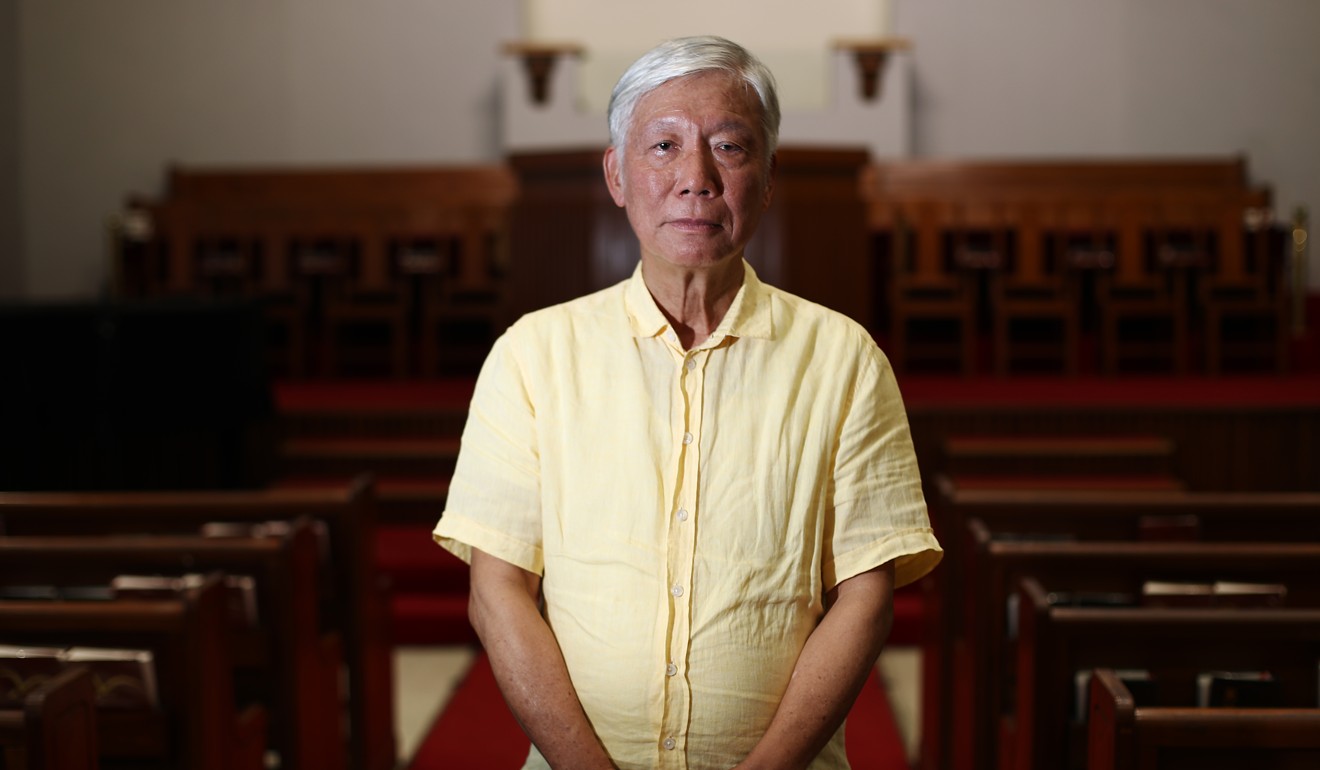
Politically speaking, the judgment has also dealt a heavy blow to Demosisto, a young political party founded by Occupy student leaders.
The ruling has effectively banned Joshua Wong and Nathan Law – the two most famous faces of the party – from contesting the next Legco elections in 2020, as anyone jailed for more than three months is banned from seeking elected office for five years.
It has stymied the development of the budding party, which will have to find substitutes with the same pulling power and charisma.
Shum, a former student leader who co-led the Occupy movement, painted an even more pessimistic picture when asked if he would run in future elections.
“Is entering Legco still a feasible way forward for the progressive pan-democrats?” he said, worrying the government would again exhaust means to unseat any lawmaker deemed unacceptable by them following their earlier successful attempts.
But for Eddie Chu, whether the harsh ruling would deter people from taking part in protests was a “secondary question”.
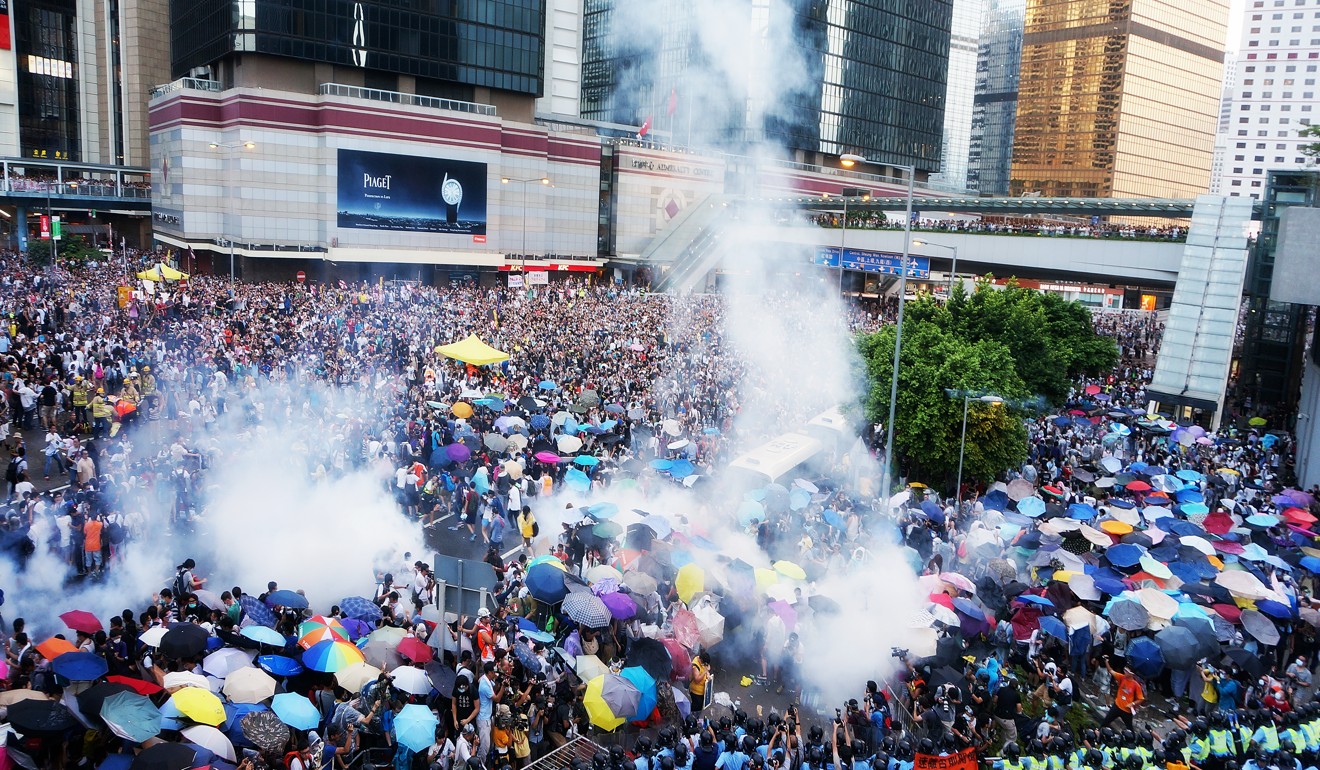
He said the pro-democracy camp should instead focus on strengthening its networks in the community, connecting with their voters and those who took to the streets, in their daily lives through different projects – such as with a waste recycling movement he had been working on.
“Mobilising people to join protests is not enough. We need to get the supporters to be more involved in the circle or else we will be in a very passive position,” he said.
“[The pro-democracy camp] has been neglecting such organising work in the past and I would say there is huge room for us to work on this.”
Dr Paul Chang, an associate professor of sociology at Harvard University, said there was a cycle to protest movements, as reflected in the South Korean democracy movement, which went on in peaks and troughs for 40 years.
“In the Korea case, one thing that broke this feeling of helplessness was a shocking incident, such as a worker or student being killed by the government. The arrest of [Wong, Law and Chow] may not have been able to produce this level of shock because of the length of the sentences, or because they went through a ‘court process’,” Chang said.
“I am not advocating that anyone gets killed of course, but shock is what is usually needed to wake up a sleeping population.”
A long spell of economic recession can also bring the public mood to a point at which people feel there is nothing left to do but protest again, he said.
For now, the bloc is putting on a brave front, choosing to believe their future is far from bleak, despite the lack of coherence in their cause and the new parameters of protest defined by the recent jailings.
Friends of the jailed activists have set up Facebook pages to link the public with those behind bars, exchanging information through the platform and calling on each other not to give up the fight.
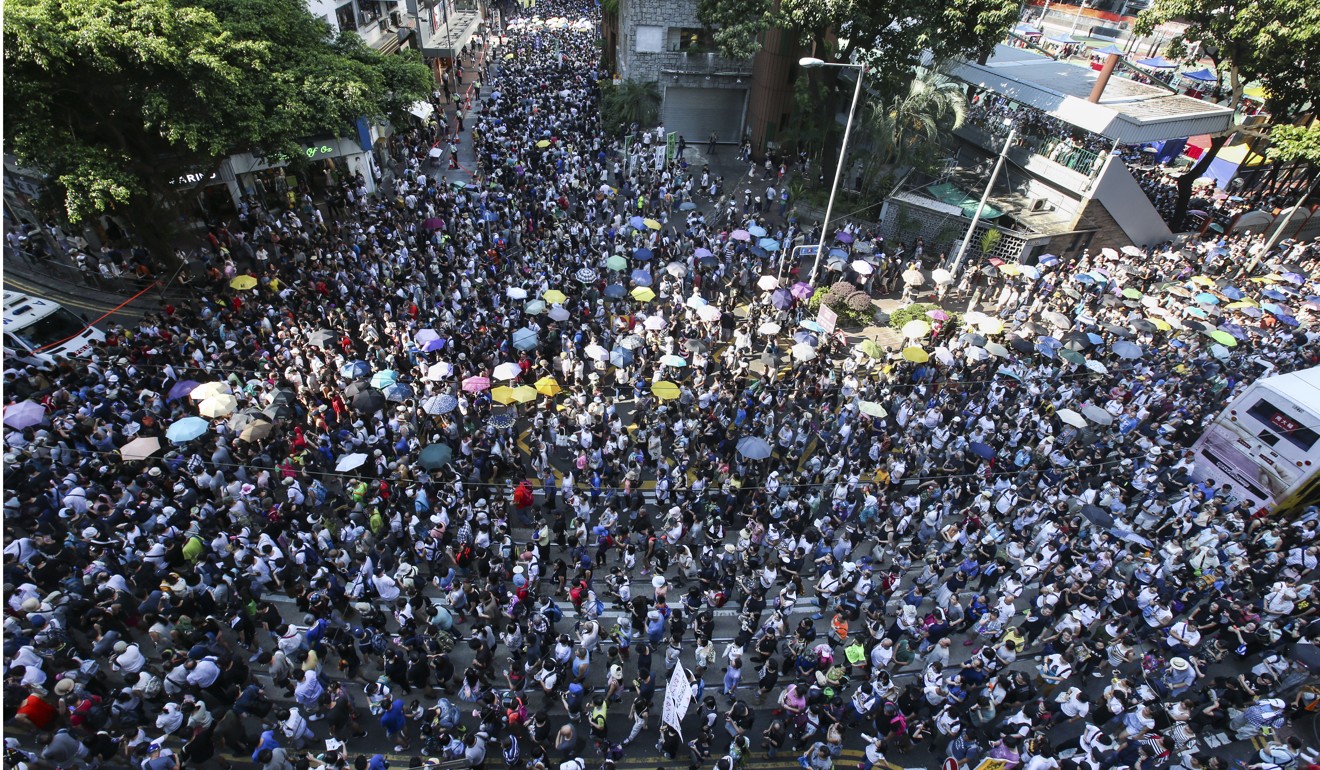
In their latest burst of campaigning, Demosisto uploaded a video on Saturday in which popular actor Gregory Wong Chung-yiu, a close friend of Law, called on Hongkongers to lend their support to the young people and their struggle.
Occupy Central co-founder Reverend Chu Yiu-ming, 73, who will face a pre-trial hearing next month, said he believed the jailed trio would become an inspiration to many.
“It is painful – but we should not be let down by the ruling and instead should be as determined as those in prison,” he said. “The flame will keep burning.”
Ng said he felt galvanised by people’s passion and the generous donations they had given at street booths he set up at past protests.
Echoing that view, 24-year-old Shum said: “The jailed activists will definitely instil positive energy in the democracy movement if imprisonment still cannot bring them down.”